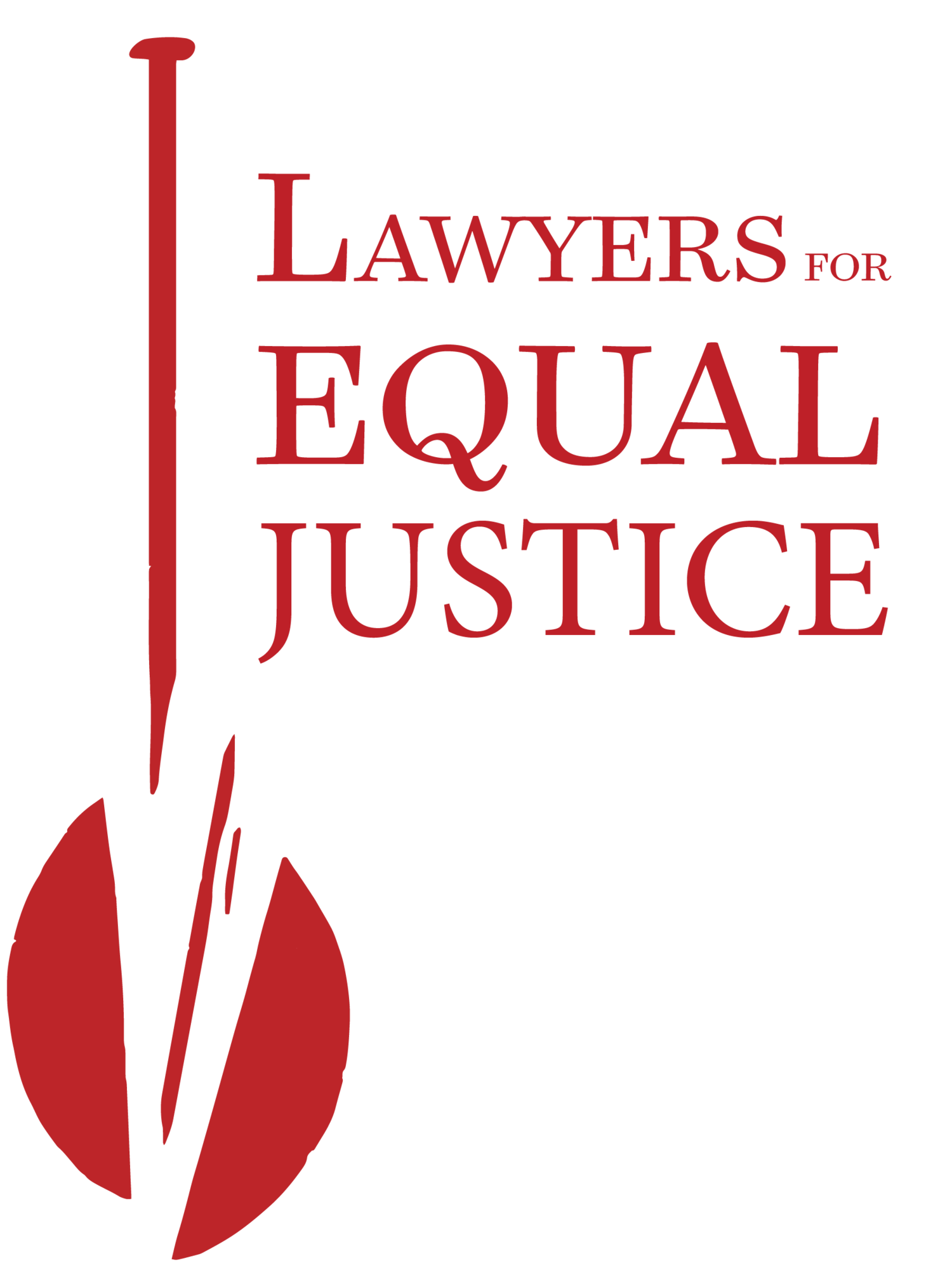Report: Tenants lose in 95 percent of eviction court cases
Findings show a stark imbalance in power within the eviction court process between landlords and tenants.
HONOLULU, Hawaiʻi — Lawyers for Equal Justice (LEJ) has published a report entitled “Evicted in Hawaiʻi: Lives Hanging in the Balance,” which summarizes the findings of a recent study on evictions in Hawaiʻi. The study confirms the existence of a stark disparity in legal representation between landlords and tenants, and a corresponding imbalance in eviction case outcomes in favor of landlords.
Hawaiʻi continues to be plagued by disturbingly high eviction rates, and our communities suffer myriad ills as a result. Fewer evictions—and fewer eviction cases—are in everybody’s best interest. In addition to the often-irreparable harm done to families who are evicted, the broader community suffers adverse impacts from widespread evictions as well. Courts are overburdened and cannot give every case its due; landlords lose money looking for new tenants instead of receiving a steady stream of income from longterm renters; society at large is burdened with ever-higher rates of homelessness, unemployment, crime and mental and physical illness. Eviction isn’t just a tenant issue—it implicates all of us.
“Losing a home through an improper eviction creates significant challenges for families, especially given the critical shortage of affordable rentals throughout our state,” said Victor Geminiani, Executive Director of Lawyers for Equal Justice. “Too often the results include dislocation from their communities, reduced educational development for children, pressures on maintaining employment, and stress that can result in domestic violence. Evictions increase the chance of lives spinning out of control, contributing to elevated levels of poverty and homelessness.”
Geminani continued, “We can counteract the eviction crisis by increasing protections for vulnerable tenants, ensuring that as many tenants as possible receive the representation they need, and working to help those without representation understand the many defenses available to them in court.”
There is no mystery as to the cause of Hawaiʻi’s eviction crisis: the eviction process, also known as “summary possession,” is heavily weighted in favor of landlords seeking to evict their tenants. Many tenants facing eviction do not know their rights or understand the process in which they are involved. Hearings that ostensibly provide tenants with the opportunity to defend themselves often last fewer than 2 minutes. Unsurprisingly, landlords win a verdict of eviction in almost every case. While landlords make efficient use of summary possession proceedings in order to evict tenants who fail to fulfill their obligations, tenants have no corresponding avenue through which to enforce landlord obligations.
To produce “Evicted in Hawaiʻi,” Lawyers for Equal Justice observed 230 eviction hearings on Oʻahu between the years of 2010 and 2016. These observations were supplemented by an in-depth analysis of court documents on 1,000 eviction cases from across the state, more than half of which were filed in 2017. Findings include:
Roughly half of eviction cases result in a default judgement for the landlord because the tenant fails to appear in court;
Less than 5 percent of tenants are represented by counsel in summary possession hearings, while more than 70 percent of landlords are represented;
Eviction verdicts are issued in as many as 95 percent of summary possession cases; and
The average return hearing lasts only 75 seconds;
Against the current backdrop of imbalance and injustice, LEJ’s report presents a number of key recommendations. The State of Hawaiʻi should:
Circulate to tenants, along with the initial summons and complaint, additional informational materials describing the summary possession process and the legal defenses and resources available to contest an eviction;
Increase tenant representation by expanding the authority of trained paralegals and other lay advocates to provide counsel for tenants with legitimate defenses to eviction;
Reform the hearing scheduling process and encourage the filing of written answers so as to make the process friendlier to low-income working individuals and parents with children; and
Enact statutory reforms that would better balance the respective rights and obligations of landlords and tenants.
###
Lawyers for Equal Justice is a nonprofit law firm that advocates for low-income residents of Hawaiʻi. The central mission of Lawyers for Equal Justice is to help our clients gain access to the resources, services and fair treatment that they need to realize their opportunities for self-achievement and economic security. Our cases change systems and policies to make justice, equality and opportunity available to everyone.
